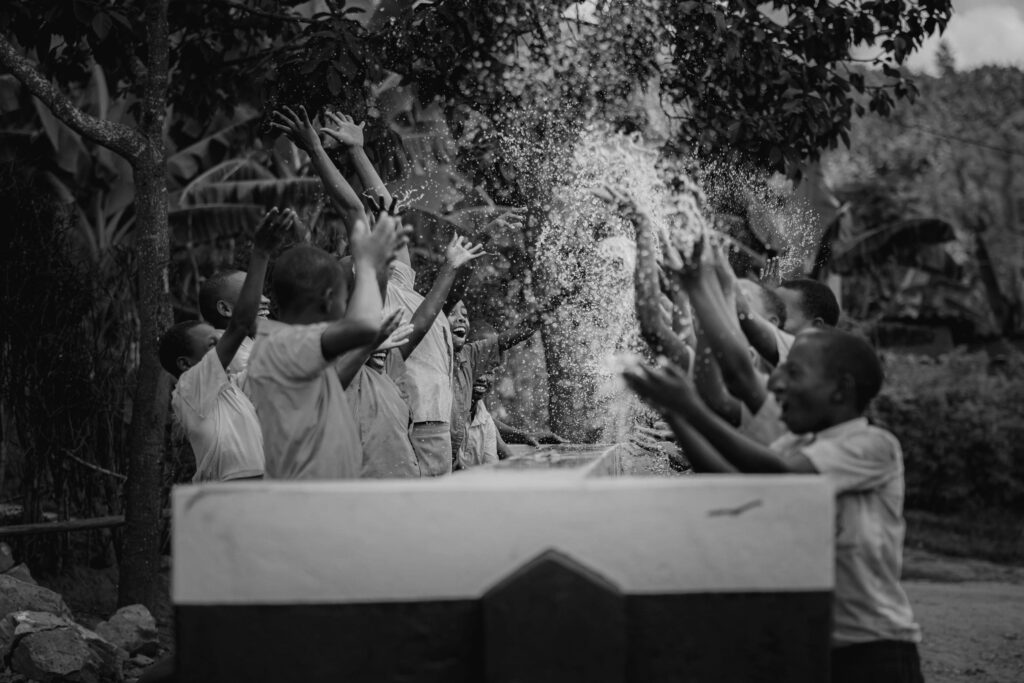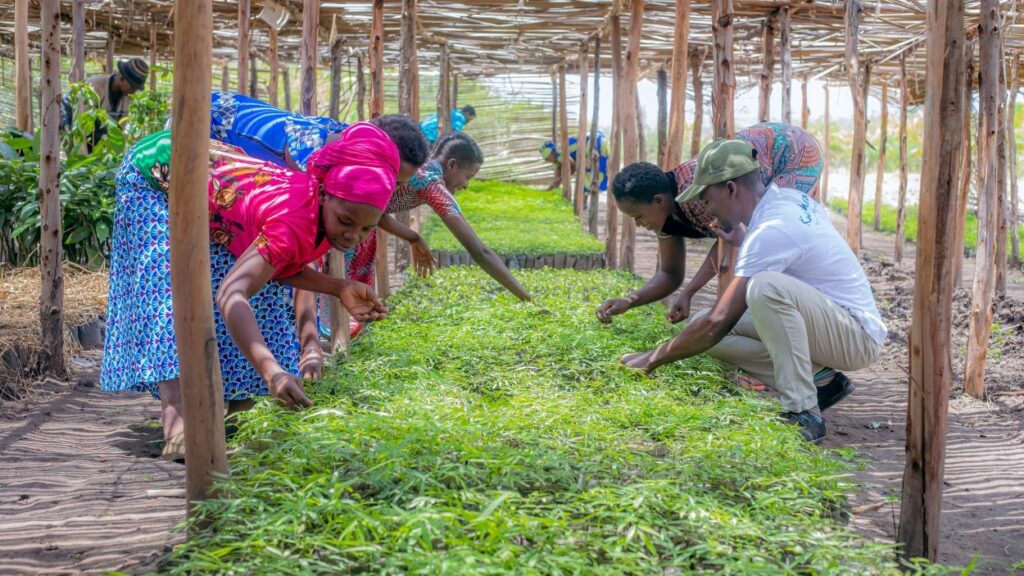In a community where access to clean water once constituted a distant dream, WaterAid Rwanda has turned the dream into reality, dramatically improving health outcomes and enhancing the lives of its most vulnerable residents.
Its efforts to improve WASH (Water, Sanitation and Hygiene) at Kaduha Hospital and its community have not only drastically decreased neonatal mortality but also provided a special solution for people with disabilities in the community. By ensuring access to clean water and handwashing facilities, WaterAid Rwanda solves unique challenges that wheelchair users face maintaining hygiene and preventing dirt-caused infections.
Viateur Nshimiyimana, a beneficiary, relies on a wheelchair for mobility. While the wheelchair gives him the freedom to travel independently, it also exposes him to dirt and potential infections more than those without mobility challenges.
“I now rejoice that I have this wheelchair, as I ride it myself to any place where I want to go as long as the wheelchair can move through it, without needing anyone to go there on my behalf,” he says. “However, since I push the wheelchair with my hands, they unavoidably get so dirty that I have to frequently wash them,” he adds.
“Here at the hospital, there are several places where people wash their hands, so I also clean my hands every time I arrive here,” he also notes.
Healthcare outcomes, recognition and community transformation

Viateur, like his community members, can wash his hands, especially because WaterAid Rwanda has facilitated access to potable water in his community.
The story of Kaduha Hospital and the community extends beyond healthcare improvements; it also involves providing special solutions that restore dignity, independence, and health for people like Viateur.
Importance of hand hygiene in healthcare

While Viateur emphasizes that he thoroughly cleans his hands with potable water whenever he has just come from a doctor’s appointment or a pharmacy, various credible sources support his practice. They indicate that washing hands after meeting with a doctor and receiving medicine is vital for preventing the spread of germs and infections.
In hospitals and healthcare settings, the risk of encountering bacteria, viruses, or other pathogens is heightened. Frequently washing one’s hands especially after touching surfaces or interacting with healthcare providers and equipment helps to reduce the risk of contaminating oneself or others. It further protects individuals from infections that could be transmitted through contact with infected hands.
Notably, wearing gloves alone is not enough for your healthcare provider to prevent the spread of infection. For safety, ask a doctor questions like: I’m worried about germs spreading in the hospital. Will you please clean your hands once more before you start my treatment?




